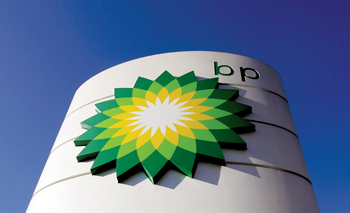
 BP ... planning part sell-off in Chinese JV
BP ... planning part sell-off in Chinese JV
British oil major BP is seeking buyers for its 50 per cent stake in a Chinese petrochemicals joint venture, its single largest investment in China, in a deal that would fetch $2-$3 billion, people familiar with the matter told Reuters.
BP has hired an investment bank to sell its shareholding in SECCO as part of a drive to cash out of businesses where it lacks control, the people added. A successful deal would mark BP’s first significant exit from a business in China.
Situated in Caojing near Shanghai, SECCO is China’s largest petrochemicals refinery and was built at a cost of $2.7 billion, according to BP’s website. State-owned China Petroleum & Chemical Corp (Sinopec) and one of its units hold the other half of SECCO, according to the website.
A London-based BP spokesman declined to comment, and Sinopec did not offer immediate comment.
SECCO, a venture formed in 2001, produces ethylene and propylene, which are used to make resins, plastics and synthetic rubbers.
While Sinopec has the right of first refusal on the potential sale, bankers said Chinese state enterprises are unlikely to step in to buy the stake as executives at many of them are distracted by anti-corruption probes.
BP’s stake has been marketed to existing refinery operators in China, including companies from Japan, South Korea, Taiwan and Europe, the people added.
BP, like other global oil and gas companies, has been sharpening its focus on costs and core businesses as it reels from lower oil prices.
It has sold more than $50 billion of assets since the deadly 2010 Gulf of Mexico oil spill in order to pay for clean-up costs and legal bills. This year, it plans to offload between $3 billion and $5 billion worth of assets, of which $1.9 billion has been agreed, it said when releasing second-quarter earnings last month.











































































